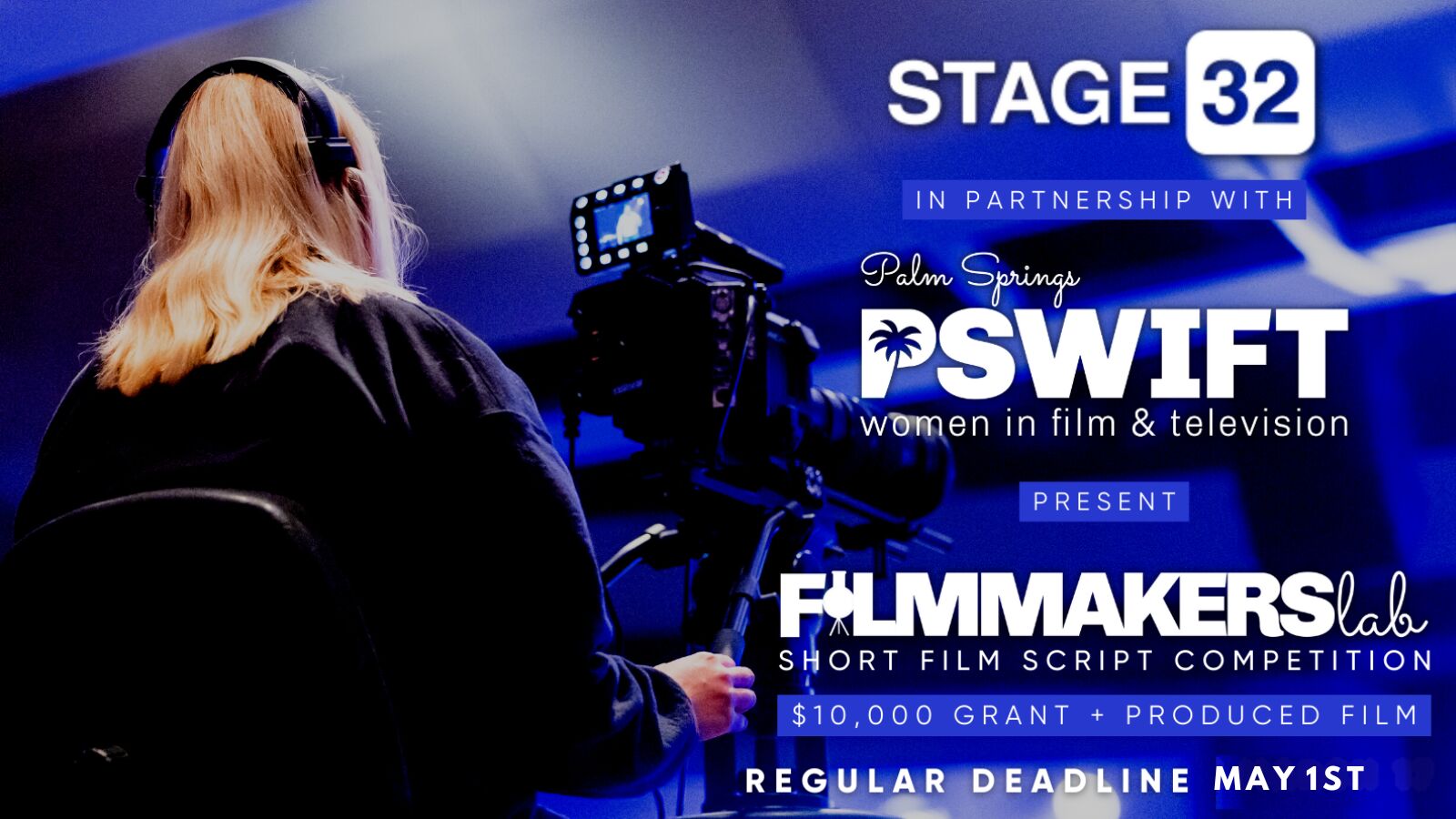Has a composer I know that knowing various styles of composition and being able to communicate feelings and sensations through music in a well thought out form is very important. As is a good knowledge of orchestrating, digital instrument programming, mixing and mastering. But I was wondering if there are other parsed skills that a film composer should have in his tool belt.



2 people like this
1. Checks ego at the door
2. Work under pressure/stress and get things done quickly even if it means (with stakeholder concurrence) a suboptimal score
3. Understand and be aware that some cues (or even the whole score) can be ignored or not used.
4. Don't get angry/upset if not invited to the final mix session. You are hired to write the music and may not have any input on how (and where) it is used.
5. Do what the director/stakeholder asks - even if it may conflict with your 'artistic selection'. Last year I was asked to write superhero music for the end of a film that clearly did not fit in my opinion. I let them know the mismatch but they were insistent and so I wrote superhero music.
and from the artistic end
6. Create you own sound but don't rest with it too long. In other words, you should always be changing and 'growing'. If you get comfortable with what you have been writing - stop writing it that way. Other actors and crew do exactly that on their own roads to growth. Get out of your comfort zone and if it is too hard for you, then pursue it. So for example, if you have never written salsa music and it fits in a a scene/cue, then write salsa music. Slow moving long notes with mainly chords and astinatos (repeated phrases) are the 'fallback'/default for most composers. Try something different whenever possible.
7. Many composer grew up with piano or guitar as their primary instrument and compose most quickly with them. These instruments also tend to get overused or even worse - the score across other instruments sounds like a piano or guitar being 'remapped'. Write a score that does not use piano or guitar at all.
2 people like this
Hey! Those are awesome advices! Thank you
1 person likes this
*his or her toolbelt
What Joel said. A couple of extra thoughts; firstly, view the process as a collaboration between yourself and the director, and secondly, try and do something new in every score.
1 person likes this
LOVE this advice, Joel Irwin. Those first two are just fantastic for filmmakers across the board. Joanna Karselis absolutely, the collaboration and challenge really do drive innovation. Is there a particular example you are thinking of? I immediately started thinking of BTS on DVDs where they would talk about a character getting their own instrument, and then building a theme around that instrument.
2 people like this
Karen "Kay" Ross definitely that kind of thing! It can be anything really. For example, I love the score for Moonlight where Britell used hip-hop techniques and layered pianos alongside classical structures. Zimmer has built new instruments for Dune. In my own work, it's varied from using more unusual time signatures like 5/4, to creating the entire score out of foley sound, to learning new instruments, to trying out new recording techniques. The beauty of it is, it only has to be new to you- even if your raw idea has already been used by another composer, you'll interpret and handle it differently to them, so you instantly have something only you can write and you'll have pushed your own capabilities at the same time. As long as it serves the film, anything goes!
The ability to hear the directors vision as music in your head.